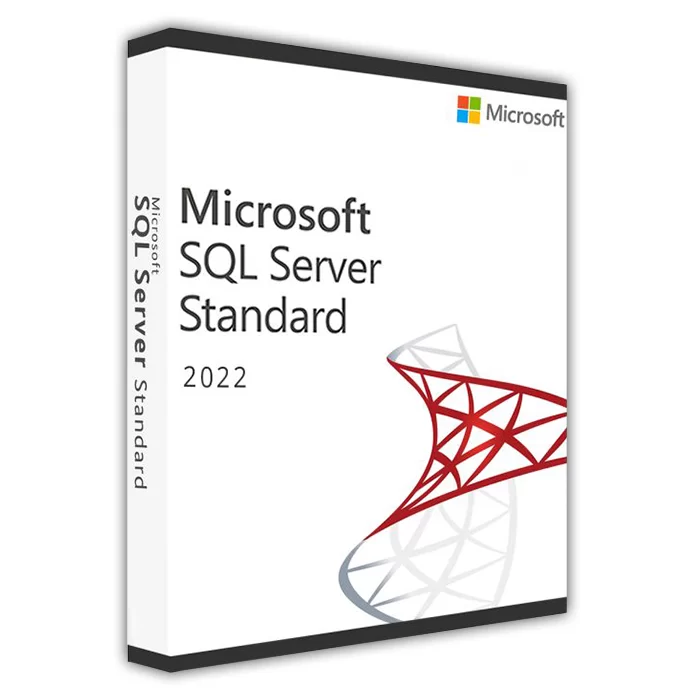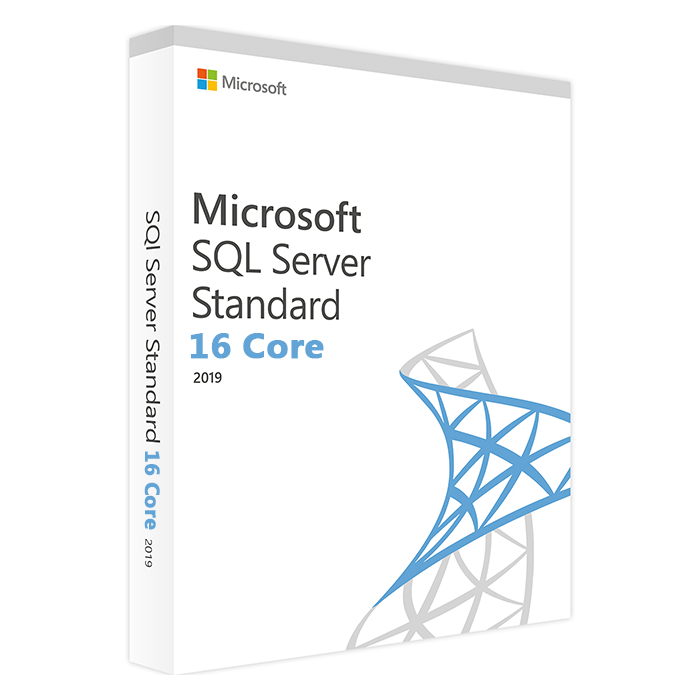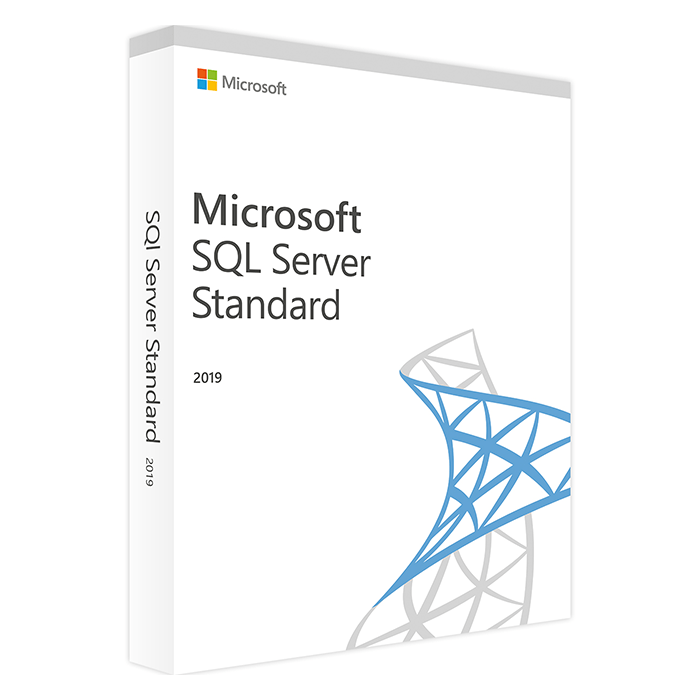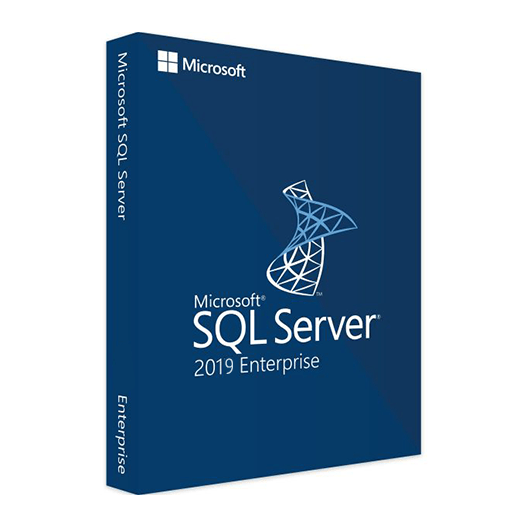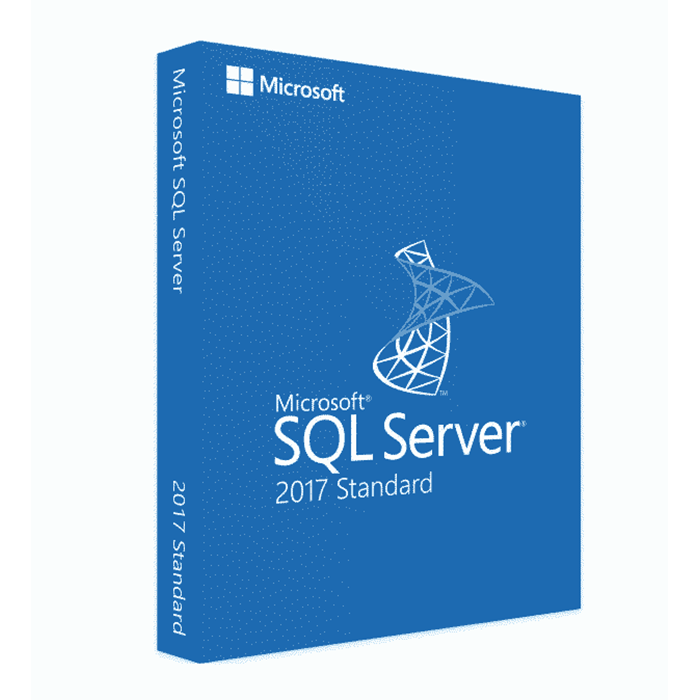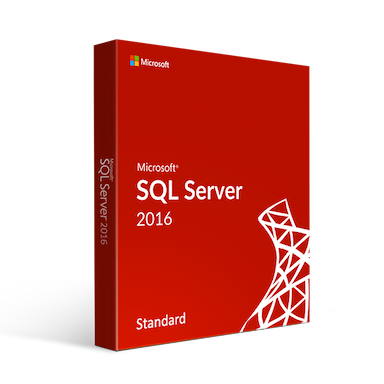Home » Introduction to SQL Server: A Comprehensive Overview
Introduction to SQL Server: A Comprehensive Overview
SQL Server stands as a leading relational database management system (RDBMS) developed by Microsoft, offering a wide array of tools and services for efficient data management, storage, and analysis. Let’s delve into the foundational aspects, functionalities, and advantages of SQL Server.
Fundamentals of SQL Server
Relational Database Management
SQL Server operates as a relational database, organizing data into tables, facilitating easy querying, retrieval, and manipulation of structured data.
Structured Query Language (SQL)
Utilizes SQL, a standard programming language, for managing and querying databases, enabling users to retrieve, update, and manipulate data efficiently.
Key Components and Features
Database Engine
The core component managing database creation, storage, and transactions, ensuring data integrity and security.
SQL Server Analysis Services (SSAS)
Enables data analysis and business intelligence by providing online analytical processing (OLAP) and data mining capabilities.
SQL Server Integration Services (SSIS)
Facilitates data integration, transformation, and migration tasks from various sources to SQL Server databases.
SQL Server Reporting Services (SSRS)
Empowers report generation and distribution by creating, managing, and delivering reports across the organization.
Data Management and Security
Data Storage
Provides secure and scalable data storage options, including in-memory, filestream, and encrypted data storage.
Data Security
Implements robust security measures through access controls, encryption, and auditing, ensuring data confidentiality and integrity.
Scalability and Performance
High Availability and Scalability
Offers features like Always On availability groups and scalable configurations for uninterrupted availability and performance optimization.
Performance Tuning
Optimizes query performance through indexing, query optimization, and execution plans for faster data retrieval and processing.
Cloud Integration
Azure SQL Database
Integration with Microsoft Azure provides cloud-based SQL database services for scalable and cost-effective solutions.
SQL Server serves as a robust and versatile RDBMS solution, catering to the data management and analysis needs of modern businesses. Its comprehensive suite of tools and services enables organizations to efficiently store, manage, and derive insights from their data.
Recent posts
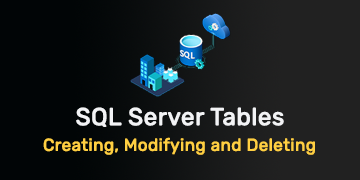
SQL Server Views: Simplifying Complex Queries
Explore SQL Server views to streamline complex queries, enhance data accessibility, and improve database management.

Introduction to SQL Server Triggers: Creating Automated Responses
Explore SQL Server triggers and learn how to create automated responses to database events for enhanced functionality.

SQL Server Tables: Creating, Modifying, and Deleting
Learn how to create, modify, and delete tables in SQL Server databases for effective data organization.
